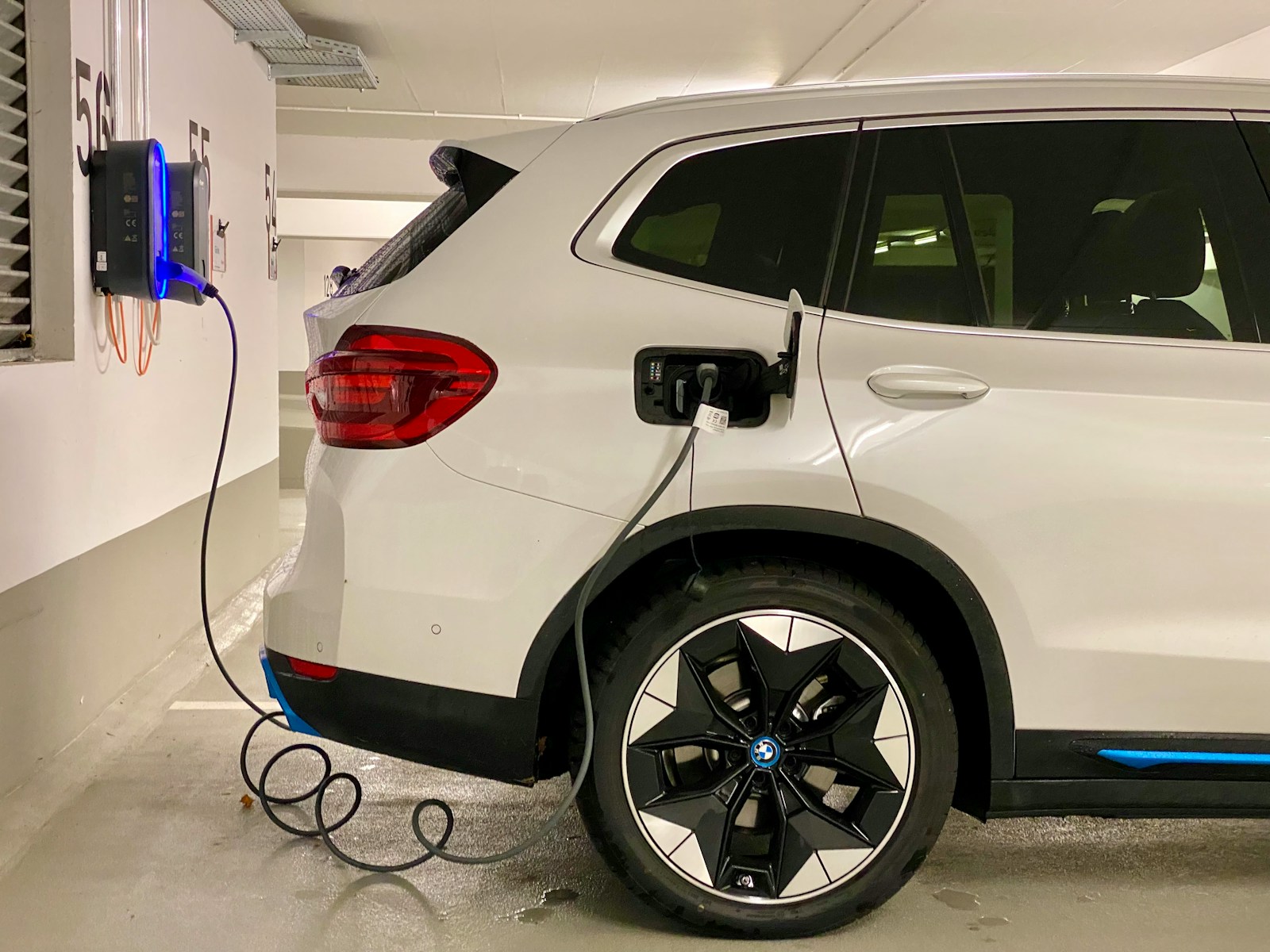Electric vehicles have made leaps in technology and affordability—especially compact EVs designed for daily commuters. If you’re driving under 60 miles per day and want something efficient, zippy, and easy to charge, this guide will help you compare the top 7 compact electric vehicles of 2025 for commuting. We’ll look at range, charging support, comfort, and total value without relying on federal or state incentives.

Why Compact EVs Make Sense for Commuters
For most urban or suburban drivers, a full-size SUV or premium EV may be overkill. Compact EVs offer:
- Lower upfront costs
- Easier maneuverability and parking
- Faster home and public charging
- Lower maintenance and energy costs

Perfect for 9-to-5ers, students, and city dwellers, these vehicles are tailored for weekday mileage while offering enough tech to stay connected on the road.
1. Chevrolet Bolt EV (2025)

Range: 259 miles
MSRP: ~$27,500
Charging: DC fast charging supported
Pros:
- Affordable price
- Surprisingly quick acceleration
- Roomy interior for its size
Cons: - Basic interior styling
- No AWD option
2. Hyundai Kona Electric (2025 Refresh)

Range: 261 miles
MSRP: ~$32,000
Charging: Up to 100 kW fast charging
Pros:
- New digital dash and modern styling
- Excellent warranty
- Comfortable ride quality
Cons: - Limited rear seat space
- Pricier than Bolt
3. Nissan Leaf SV Plus

Range: 212 miles
MSRP: ~$29,000
Charging: CHAdeMO (less common)
Pros:
- Proven reliability
- Heated seats and steering wheel standard
- Low maintenance costs
Cons: - Older charging standard (CHAdeMO)
- Dated infotainment system
4. Mini Cooper SE Electric

Range: 114 miles
MSRP: ~$30,900
Charging: Fast charging supported
Pros:
- Fun to drive
- Compact size is ideal for cities
- Stylish, premium interior
Cons: - Very short range
- Small cargo space
5. Fiat 500e (2025 U.S. Relaunch)

Range: 149 miles
MSRP: ~$28,000
Charging: DC fast charging standard
Pros:
- Italian style in a tiny footprint
- Ideal for tight urban spaces
- Good regen braking
Cons: - Limited rear seating
- Less practical for cargo
6. Tesla Model 3 RWD (Entry-Level)

Range: 272 miles
MSRP: ~$38,990
Charging: Access to Tesla Supercharger network
Pros:
- Longest range on the list
- Tesla software and updates
- Smooth, quiet ride
Cons: - Higher price tag
- Sparse interior controls (everything on screen)
7. Hyundai Ioniq 5 SE Standard Range

Range: 220 miles
MSRP: ~$39,000
Charging: 800V architecture for ultra-fast charging
Pros:
- Stunning interior design
- Futuristic look
- Charges 10–80% in 18 minutes
Cons: - More compact than it looks in photos
- Entry trim lacks some tech features
🔌 Charging Considerations
For commuters, Level 2 home charging is a must. Most of the EVs above can fully recharge overnight. If you use public charging, look for:
- CCS compatibility for fast charging (most EVs)
- Tesla Supercharger network (Model 3 only)
- CHAdeMO (Leaf only, and becoming outdated)
🧮 Comparison Table
| Vehicle | Range (mi) | MSRP | Fast Charging | Cargo (cu ft) | Standout Feature |
|---|---|---|---|---|---|
| Chevy Bolt EV | 259 | $27,500 | Yes | 57 | Best value for range |
| Hyundai Kona Electric | 261 | $32,000 | Yes (100kW) | 45.8 | Balanced features + range |
| Nissan Leaf SV Plus | 212 | $29,000 | Yes (CHAdeMO) | 30 | Comfortable and reliable |
| Mini Cooper SE | 114 | $30,900 | Yes | 8.7 | Most fun to drive |
| Fiat 500e | 149 | $28,000 | Yes | 7.5 | Smallest city-focused EV |
| Tesla Model 3 RWD | 272 | $38,990 | Yes (Supercharger) | 23 | Longest range and tech |
| Hyundai Ioniq 5 SE | 220 | $39,000 | Yes (Ultra-fast) | 27.2 | Best charging speed |
🔗 You Might Be Interested in These Reads
- Best Home Chargers for Tesla Model 3.
- How Long Does It Take to Charge a Tesla at Home.
- Are Used Electric Cars Worth It?.
❓FAQs
1. Are compact EVs safe for highway commuting?
Yes. Many of today’s compact EVs come with adaptive cruise control, lane keeping, and even semi-autonomous features. Just check safety ratings from IIHS and NHTSA.
2. Can I charge a compact EV with a regular outlet?
Yes, but it’s very slow. Level 1 (standard 120V) may take over 24 hours. Level 2 (240V) is recommended for daily drivers.
3. Will a compact EV qualify for tax credits?
Possibly. While this post excludes incentives from pricing, many EVs qualify for federal and state tax credits—check eligibility based on final assembly and battery sourcing.
Final Word
For everyday driving, compact EVs are smart, stylish, and surprisingly practical. Whether you want the affordability of the Bolt, the polish of the Kona, or the unmatched charging of the Model 3, there’s an option that suits your commute, your garage, and your budget.
Let’s Talk Cars
Have a question? A suggestion? Just want to say hi?
You’re in the right place.
Use the form below to reach out to the AutoSpecs Daily team. We're happy to hear from readers, car lovers, first-time buyers, and anyone who's got something to share.
What can you contact us about?
- Feedback on one of our articles
- Ideas for new topics you'd like us to cover
- Questions about cars, gear, or general auto advice
- Media, partnership, or brand inquiries
- Anything else that's on your mind
We check every message that comes through and do our best to respond within 2 to 3 business days.
We don’t list an email address here to avoid spam, but the contact form is the best and fastest way to reach us.
Thanks for stopping by. We're glad you're here.

